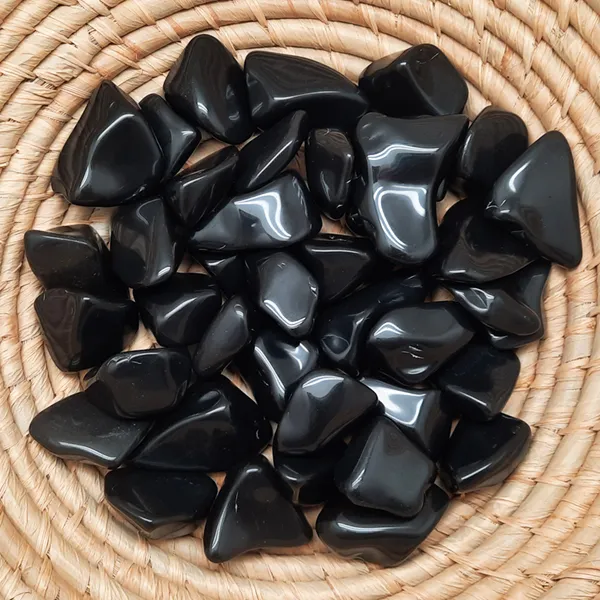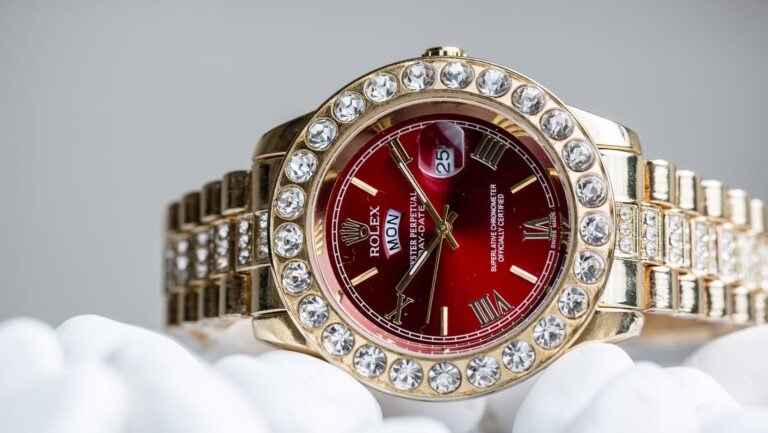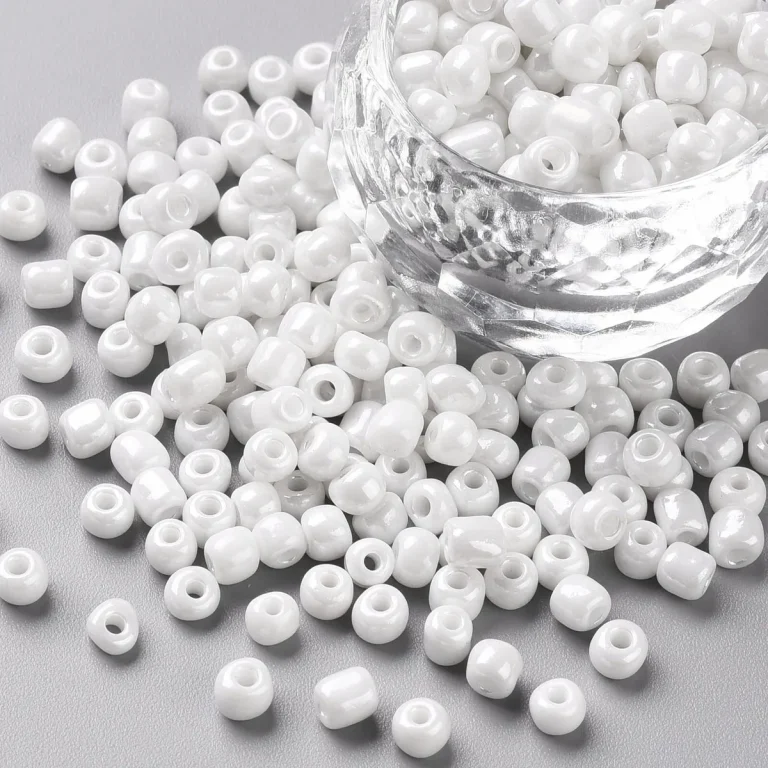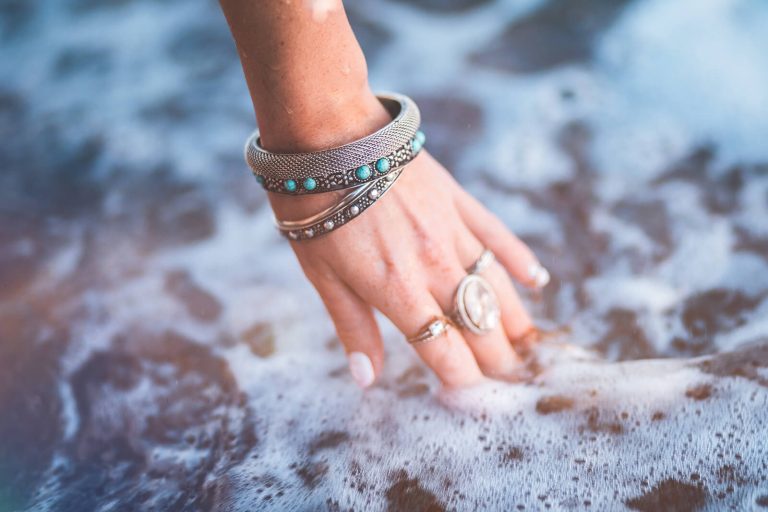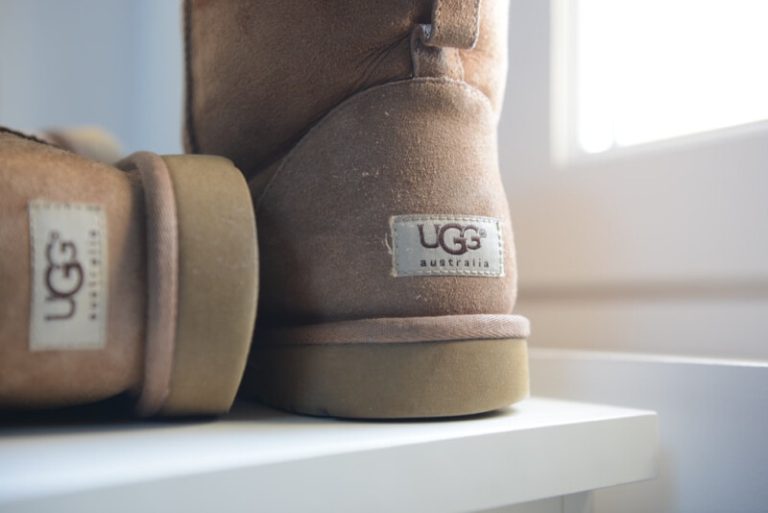Are Ear Piercings Haram or Halal In Islam?
Ear piercings have become an increasingly popular form of self-expression and beautification around the world. The delicate decorations can represent prestige, luxury, passion, and elegance.
With the rising aesthetic appeal of ear piercings, many Muslims are curious about the Islamic perspective on this body modification. Are ear piercings considered haram or halal in Islam?
Islamic Regulations on Body Modification
Contents
Islam provides extensive regulations governing various aspects of life, including physical appearance and beautification. Muslims are prohibited from making excessive, unnecessary changes to Allah’s creation. Any modification or mutilation of the human body purely for vanity is considered haram in Islam.
Additionally, certain body modifications like piercings increase the risk of infections and other health complications. These risks go against the Islamic emphasis on maintaining good health and avoiding self-harm. Any practice that causes long-term damage has negative repercussions on Allah’s design.
Are Ear Piercings Allowed for Women in Islam?
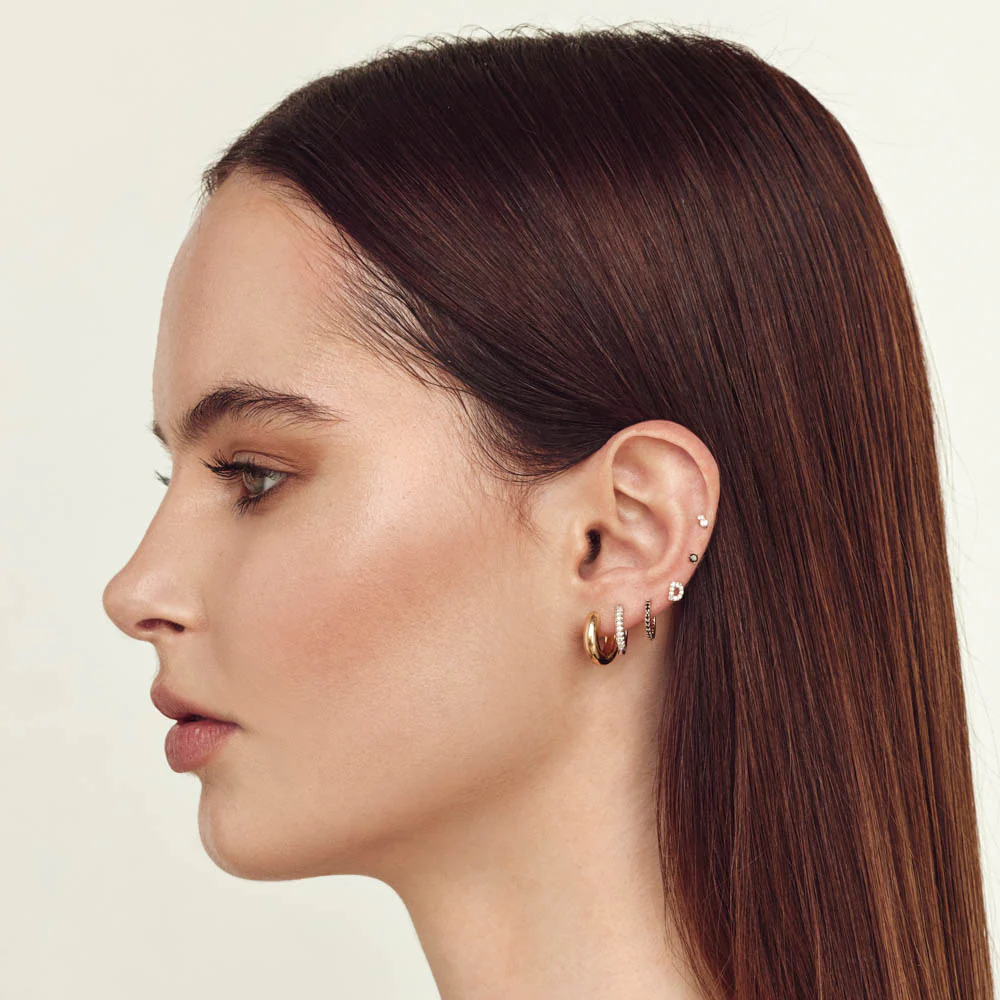
Unlike more extreme body modifications, ear piercings are permitted for women in Islam. The Quran directly references earrings as a means for women to enhance their natural beauty.
Chapter 24 Verse 31 states, “And tell the believing women to reduce [some] of their vision and guard their private parts and not expose their adornment except that which [necessarily] appears thereof and to wrap [a portion of] their headcovers over their chests and not expose their adornment…”
Here, adornment refers to items like jewelry and earrings worn by women. As long as they are not flaunted in a vulgar manner, earrings are an acceptable form of decoration in Islam.
The piercing process for standard earlobe piercing also involves minimal pain and quick healing. This makes it one of the safest forms of body modification, with negligible long-term damage. As long as they are worn in a way that aligns with Islamic values, earrings are permitted for women.
Are Ear Piercings Permitted for Men?
In contrast to women, men are strictly prohibited from getting ear piercings in Islam. There are no references to men ever wearing earrings in the Quran or hadiths.
Islamic guidelines emphasize distinctions between the appearance of both genders. Men have no need to wear decorative jewelry, while women can adorn themselves within certain limits. Ear piercings for men may imitate female styles, which goes against the Islamic separation of gender roles and functions.
Overall, piercings are considered an unnecessary vanity for men by Islamic scholars. Any intentional modifications to Allah’s creation without medical necessity are deemed haram. Therefore, ear piercings are unanimously considered impermissible for Muslim men due to the lack of any benefits.
Are Other Ear Piercings Like Helix Allowed?
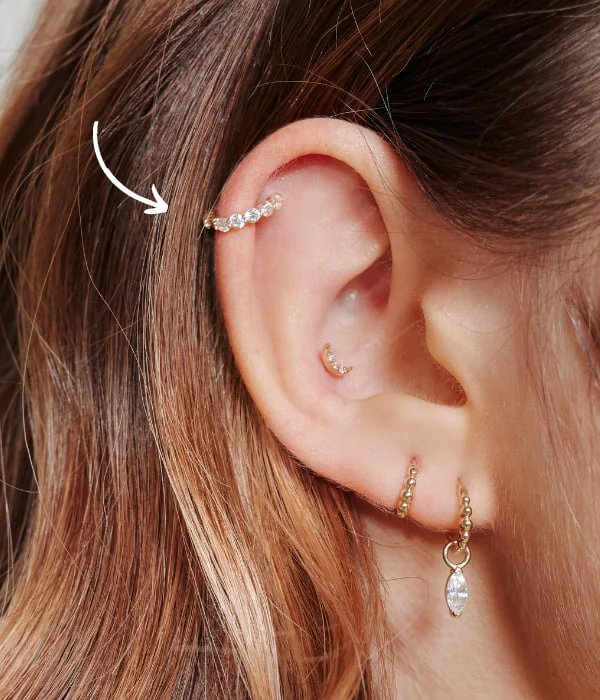
Aside from standard earlobe piercing, helix and upper ear piercings are growing in popularity. Unlike simple single lobe piercing, helix piercings along the outer ear rim involve greater health risks.
The cartilage area is more prone to infections like perichondritis. There is also a danger of piercing gun trauma which can damage the delicate ear cartilage permanently. These substantial harms and risks make scholars cautious about permitting such piercings.
There are differing opinions on whether helix or upper ear piercings are permissible for Muslim women. Some argue that as long as they are not flaunted and heal safely, the piercings are acceptable. Others prohibit them due to the unnecessary risks involved. However, there is a consensus that such dangerous ear piercings are absolutely haram for men.
Historical Role of Earrings as Adornments
Body piercings and earrings have a long global history as decorative enhancements. Archeological evidence indicates the use of ear piercings across numerous ancient civilizations. They served as symbols of prestige, power, fertility, courage, and religious devotion.
The choice of jewelry and materials reflected personal taste, social status and cultural values. Earrings evolved from simple stones and metals like gold to incorporate precious gems and an amazing variety of styles. The pierced ears trend continues to change based on current fashion.
Even today, earrings retain their ability to beautifully accentuate one’s appearance and style. For women, they can subtly draw attention to their natural grace and dignity. Within reasonable limits, this self-expression through ear piercings is permissible in Islam.
Conclusion
Based on the Quran and teachings of Islamic scholars, standard earlobe piercings are considered halal for Muslim women. They can enhance a woman’s natural elegance as long as they align with Islamic values of modesty. However, men are strictly prohibited from getting ear piercings of any kind due to the unnecessary vain alterations to Allah’s creation.
More complex piercings along the ear cartilage also involve greater health risks, making their permissibility uncertain. Ultimately, ear piercings are allowed for women to wear as decorative adornments, but remain impermissible for Muslim men.

Founded by Sophia Rodriguez, IGXO Cosmetics is a PETA-certified, cruelty-free, and vegan makeup brand.
